Ocean acidification takes a toll on California’s coastline at nighttime
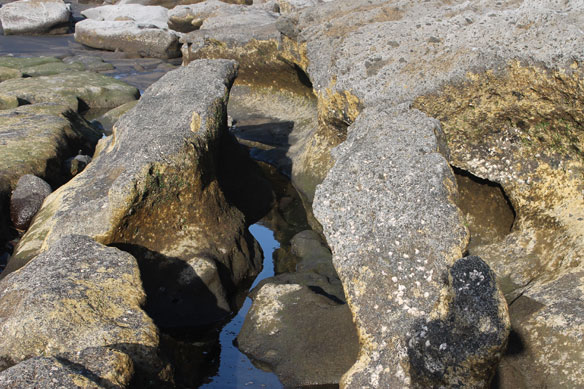
Conducted along California’s rocky coastline, a new study, based on the most-extensive set of measurements ever made in tide pools, suggests that ocean acidification will increasingly put many marine organisms at risk by exacerbating normal changes in ocean chemistry that occur overnight.
New Global Maps Detail Human-Caused Ocean Acidification
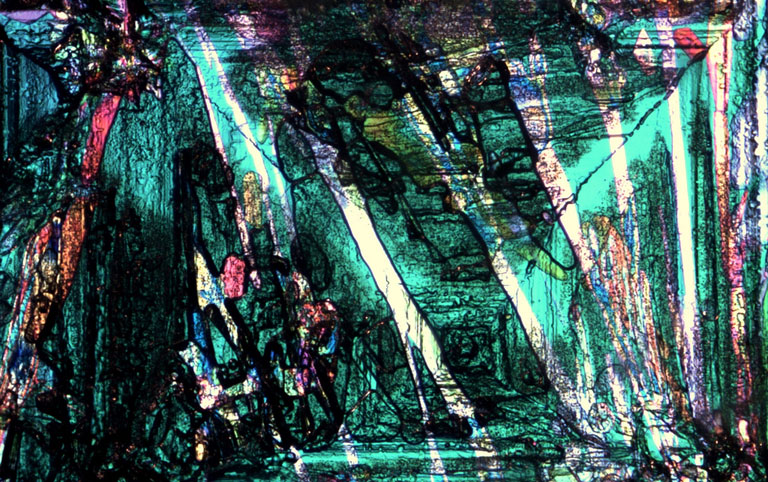
A team of scientists has published the most comprehensive picture yet of how acidity levels vary across the world’s oceans, providing a benchmark for years to come as enormous amounts of human-caused carbon emissions continue to wind up at sea.
Sharks In Acidic Waters Avoid Smell Of Food
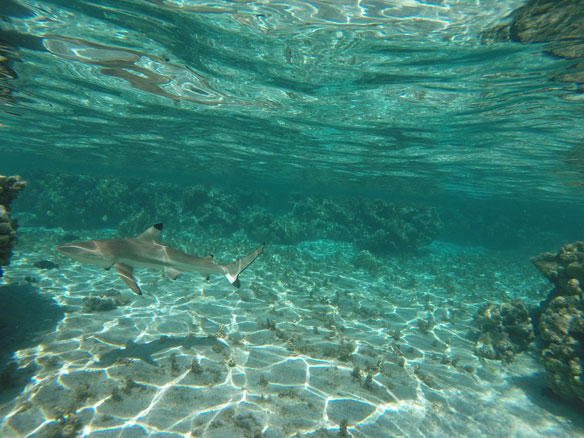
The increasing acidification of ocean waters caused by rising atmospheric carbon dioxide levels could rob sharks of their ability to sense the smell of food, a new study suggests.
US East Coast Regions Sensitive to Ocean Acidification
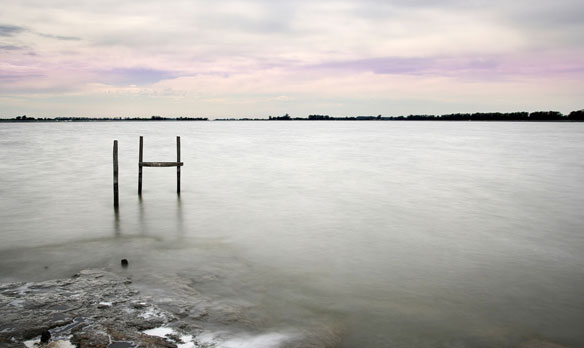
A continental-scale chemical survey in the waters of the eastern U.S. and Gulf of Mexico is helping researchers determine how distinct bodies of water will resist changes in acidity. Coastal ocean acidification occur when excess carbon dioxide is absorbed by, flushed into or generated in coastal waters, setting off a chain of chemical reactions that affects ecosystems.
Scientists Explore Changing Arctic Ocean
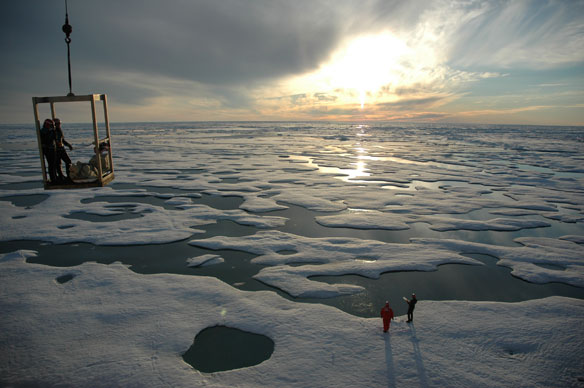
Scientists are setting sail on August 25 to study ocean acidification in the Arctic and what this means for the future survival of marine and terrestrial organisms. The Arctic Ocean is one of the most vulnerable places on the planet for acidification, yet it is the least-explored ocean.
Global Network Will Track Acidifying Oceans
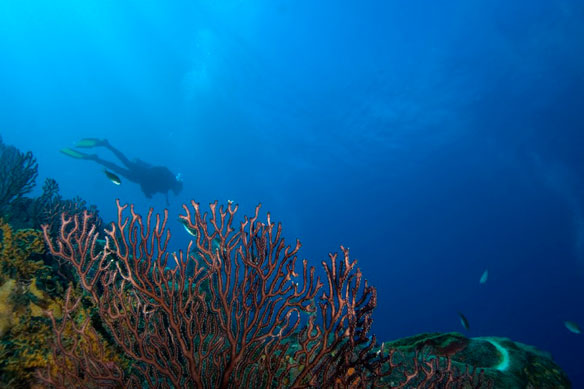
A global effort to track ocean acidification has begun to take shape, as researchers this week made plans to set up an international network of monitoring stations.
